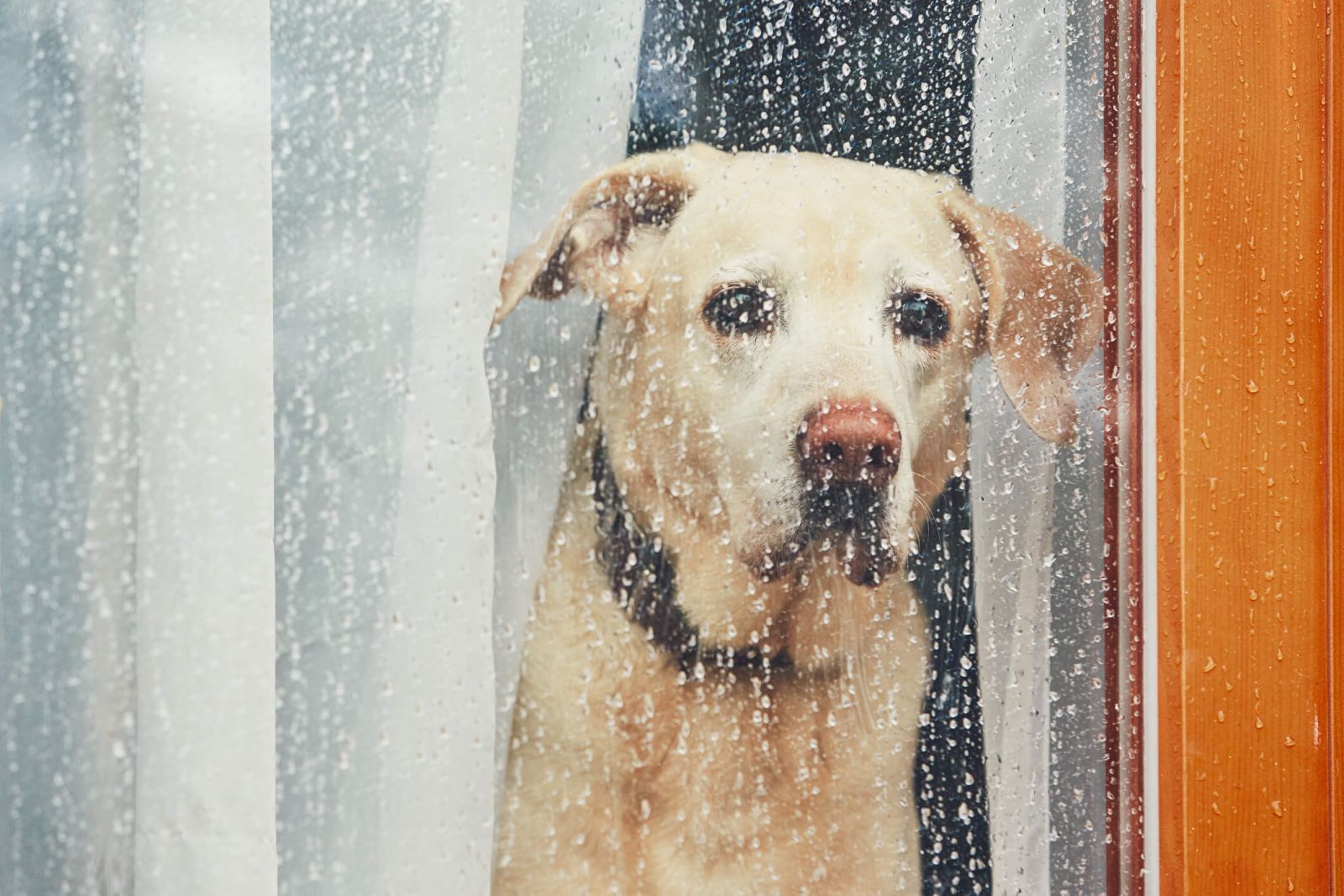
Parts of Eastern North Carolina have seen their fair share of severe weather, including torrential rains and flooding. Rainfall can certainly put a damper on any outdoor activity, but it can also have an impact on your home’s indoor air quality.
Rainfall and Your IAQ
Contrary to popular belief, rainfall only has a minor impact on outdoor air pollution. Some experts have even found pollen levels to increase briefly during rainstorms. While these factors can influence IAQ, the most noticeable effects come after the rain stops:
- Heavy rainfall can cause moisture to seep into building structures, including foundations and drywall.
- Heavy rainfall can also infiltrate roofing systems and leak directly into ceilings and other building structures.
- Humid air from heavy rainfall can leak into buildings in a variety of ways, including strong winds, airflow imbalances and direct introduction by ventilation systems.
- Flooding caused by heavy rainfall can also drive moisture into your home.
Excess moisture can ultimately set the stage for mold and mildew growth, leading to mold spores that circulate throughout your home and negatively impact your home’s air quality. A humid home can be incredibly uncomfortable and unhealthy, cause damage to the structure of your home and be very inviting to outdoor pests.
Improving IAQ
Air conditioning systems can help improve indoor air quality by managing humidity levels within your home. The average A/C system does this by condensing moisture out of the air it comes into contact with. By removing excess moisture in recirculated indoor air and incoming outdoor air, your air conditioner can help prevent the conditions that lead to building dampness and subsequent mold growth.
Keep in mind that your air conditioner must run long enough to effectively dehumidify your home’s air. Oversized A/C units can pose a problem since they only operate for brief periods to reduce indoor air temperatures, but not long enough for proper dehumidification. Your HVAC professional will check the humidity levels when they visit for a maintenance tune up. There are situations where a dehumidifier is needed and can be installed to ensure your home’s humidity levels stay in the safe range.
To learn more about how to improve your indoor air quality, contact us at Jackson & Sons today.